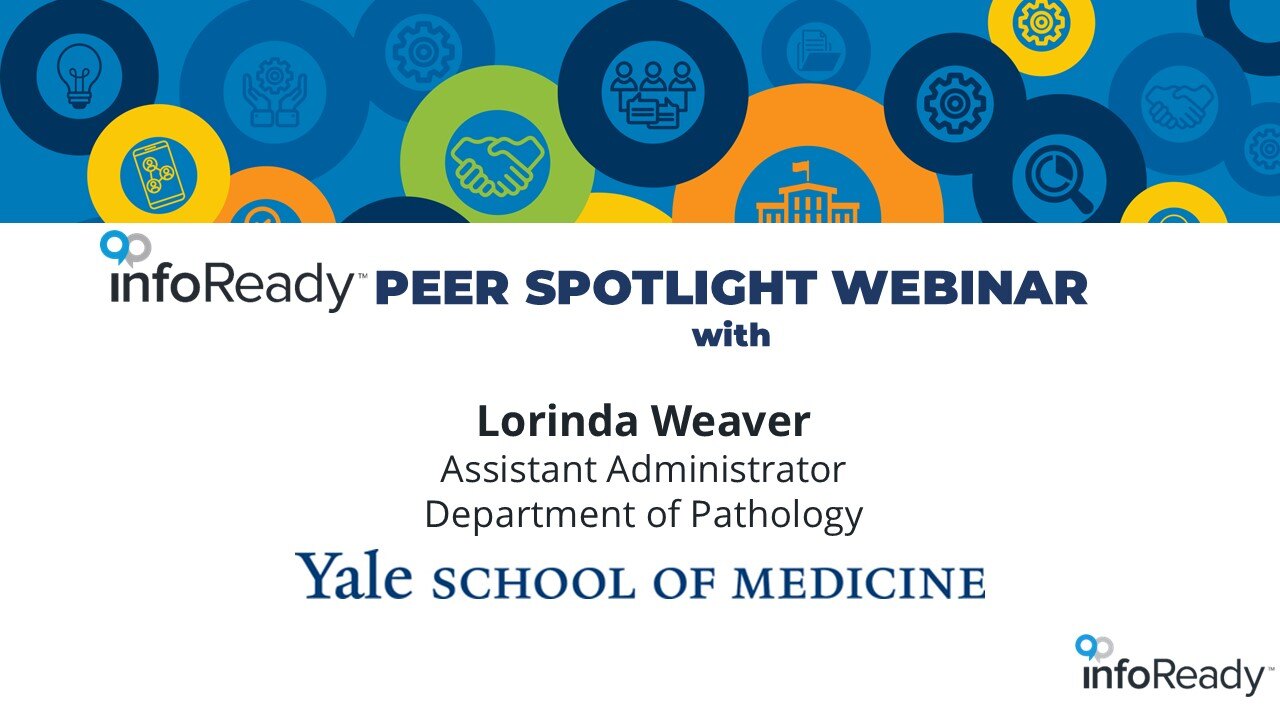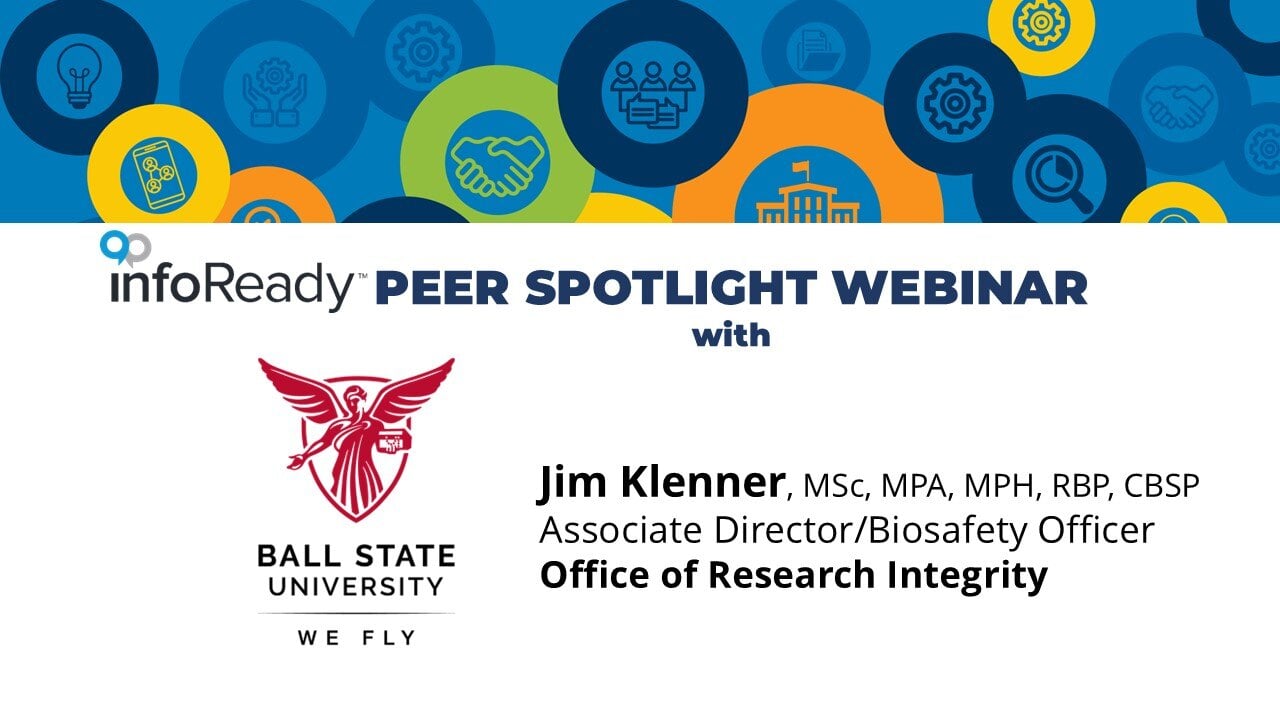Do you need applicants to submit initial applications or pre-proposals that go through a vetting process before allowing a subset to submit full applications or proposals? The Letter of Intent (LOI) functionality in InfoReady allows for a two-phase application process. Users submit initial applications (in the first phase) that are viewed by administrators, who can choose to initiate a review process with routing steps.
Administrators then choose one or more applications to either 1) advance to a full competition in a second phase or 2) award directly from the first phase. If the second phase is being created, then draft applications are automatically created for each advancing submission and any fields kept from the LOI phase application form are automatically filled in with the data provided earlier. Administrators are also able to ask additional questions, require more file uploads, or add sections to the application form from the standard options. Once submitted, full proposals can be sent through an additional review process before a final decision is made.
Below are some answers to most frequently asked questions about the LOI functionality.
Can I advance applications to the second phase on a rolling basis?
How do I notify applicants about whether their applications were advanced or not?
Can I build the full competition phase at the same time as the LOI?
No, but since all of the information from the Letter of Intent (LOI) transfers over during the conversion process, there are some things you can do within the LOI to make launching the converted one quicker and easier when the time comes.
Requirements: Build all questions you'll need for both LOI and full application. For the ones only needed for the full, mark as excluded during the LOI phase. Then, once converted, switch the questions to optional or required as needed.
Routing Steps: If you will use a review process for the LOI phase, build your LOI routing steps first, then your full phase routing steps. You will only use the first routing step(s) for the LOI phase. Then after converting, you'll delete these steps, leaving only the full phase routing steps. If you will NOT use a review process for the LOI phase, just build your full phase review steps, but you won't use them during the LOI, and they’ll be ready to go once you convert.
Can I use LOI for things other than limited submissions?
Yes! If you need a two-phase process for any opportunity, the LOI functionality can be a good fit. Just make sure to use the Funding Opportunity template to start, and then customize your process from there.
What if I end up not needing the second phase?
No worries! You can also award directly from the Letter of Intent phase. In the process, you’ll still be able to notify applicants of the decision about their applications.
What if we don’t use the term “letter of intent” at our institution? Can we change it?
We can customize the label that’s used in the system to reflect your terminology, such as “notice of intent” or “intent to submit”. This is a sitewide change and cannot be customized per competition.
We hope these answers to common questions encourage you to try the Letter of Intent functionality for your next two-phase process.




